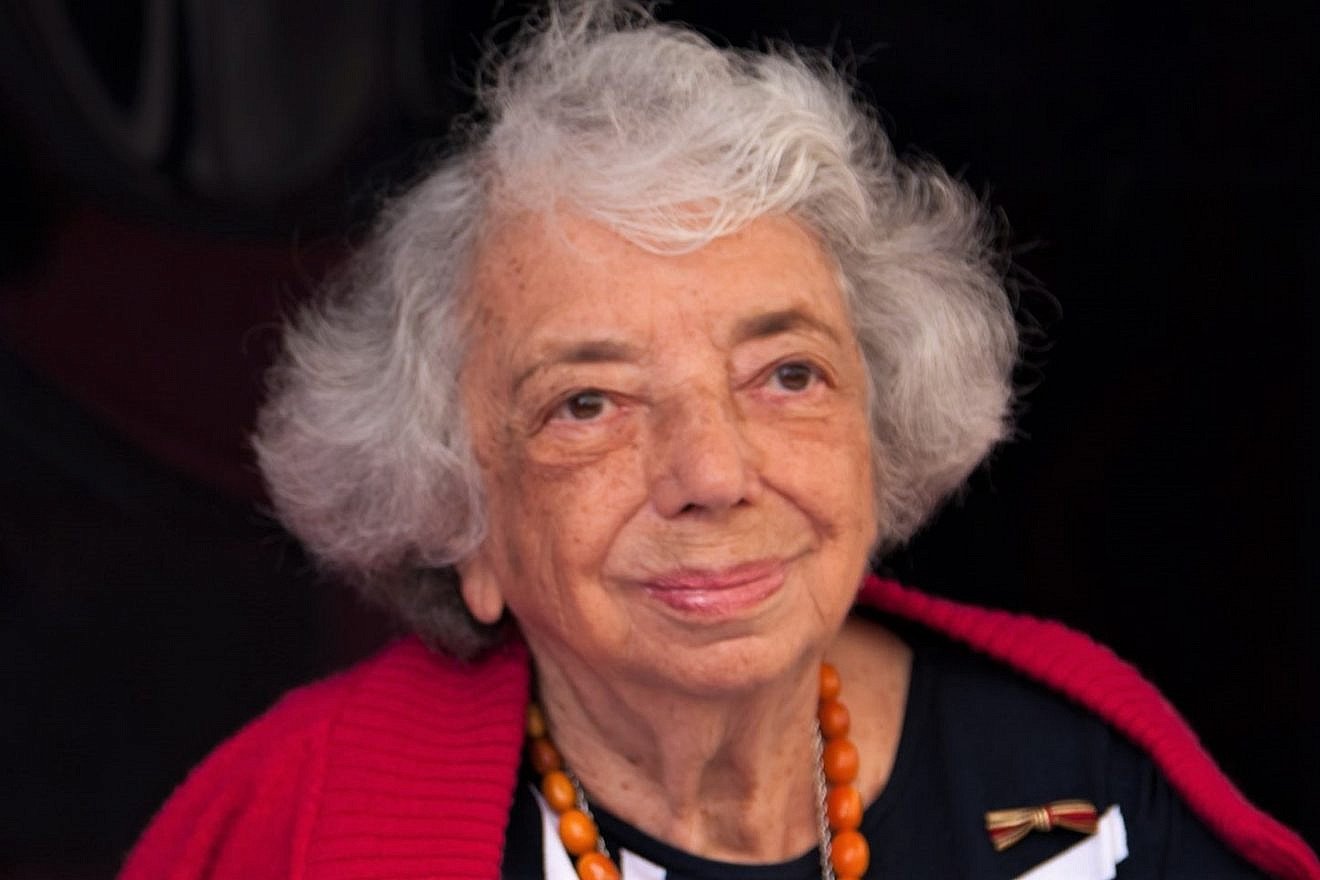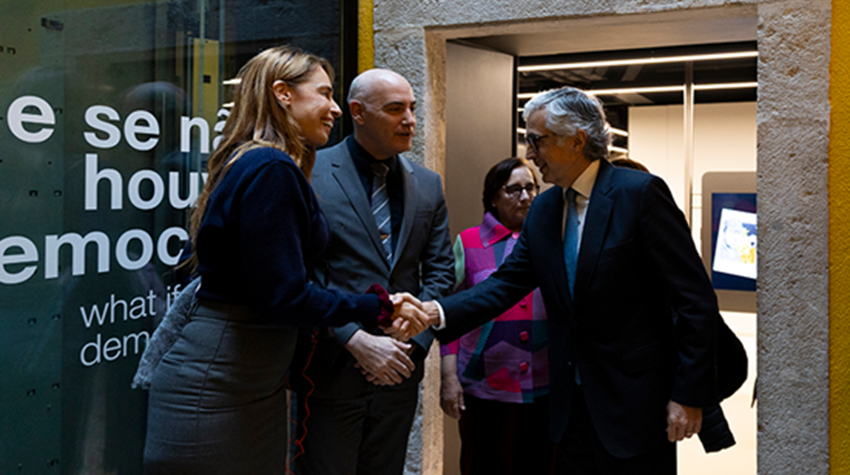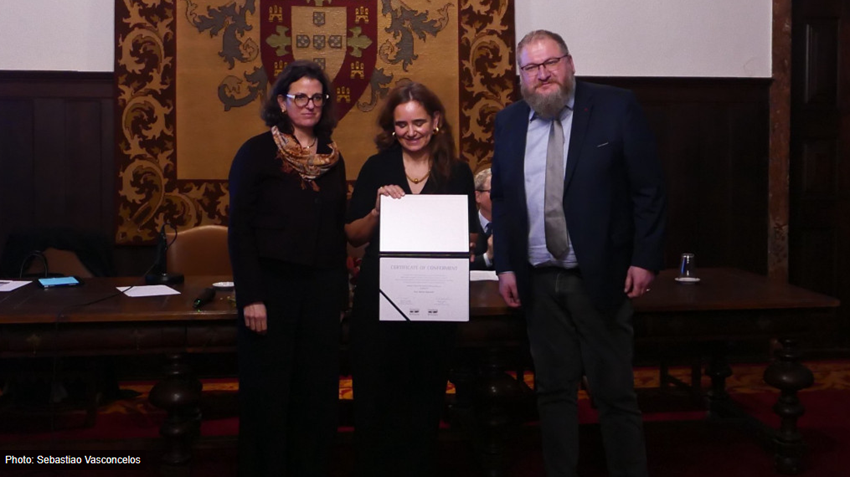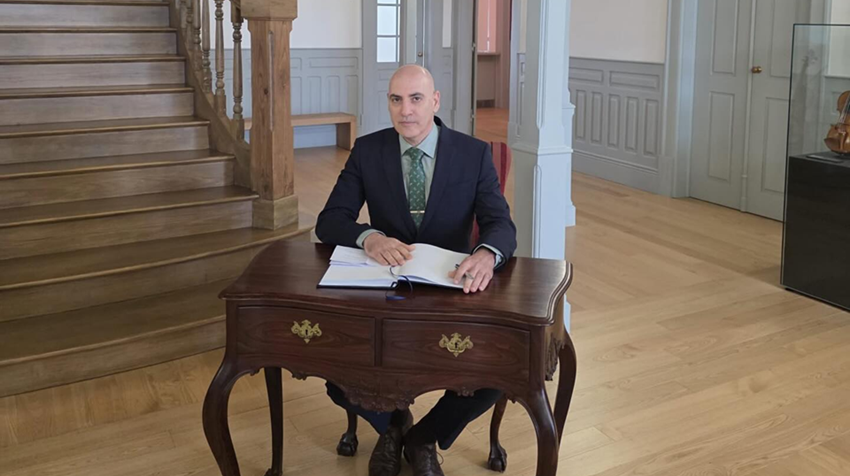Credit: Scott-Hendryk Dillan via Wikimedia Commons.
Margot Friedländer, one of the oldest and most prominent Holocaust survivors in the world, died in her native Berlin at the age of 103, her foundation announced on Friday.
German President Frank-Walter Steinmeier said that her death “fills me with deep sadness,” AFP reported.
“She gave our country the gift of reconciliation, despite everything that the Germans did to her as a young woman,” he continued. “We cannot be grateful enough” for Friedländer’s efforts, the president added.
The Margot Friedländer Foundation issued a statement that read, “With her death Germany has lost one of the most important voices in its contemporary history.”
World Jewish Congress President Ronald Lauder eulogized Friedländer in a statement.
“Until her final days, she stood as a symbol of resilience and humanity. Her words reached hearts. Her presence changed lives. This is a profound loss for the Jewish people, for Germany, and for all those who believe in memory and moral responsibility,” Lauder said.
Two days before her death, the Holocaust survivor attended a ceremony in Berlin’s city hall, marking the 80th anniversary of the end of World War II.
“Be human! That is what I ask you to do: be human!” she repeated her mantra, per AFP.
According to a biography on the website of Berlin’s Jewish Museum, Friedländer, née Bendheim, was born in the German capital in 1921, and apprenticed at a tailor shop after finishing school.
Her family tried unsuccessfully to emigrate to the United States before World War II broke out. While making plans to escape Germany, her brother was arrested by the Gestapo. Later, her mother and brother were deported to Auschwitz and murdered. “Try to make your life,” her mother wrote in a message she had left behind.
The 21-year-old went underground but was caught and deported to the Theresienstadt transit camp in German-occupied Sudetenland. She was the only member of her family to survive the camps.
After the war, she moved to New York (where they wrote their surname as “Friedlander”) in 1946 with her husband, Adolph Friedländer, whom she met at the camp, only to return to Berlin in 2010 after his death.
The centenarian has given hundreds of talks about her life during the Holocaust under Nazi Germany.
Three years ago, she was honored with a lifetime achievement award by the German president as she hit the century mark.
“We cannot change what happened, but it must never be allowed to happen again,” she said at the award ceremony in Berlin.
In June 2024, Friedländer graced the cover of the July-August edition of Vogue magazine in Germany.
“Respect for life and the responsibility of being human are the core messages of #MargotFriedländer,” the magazine wrote on X promoting the story. “She, who as a Holocaust survivor would have every reason to hate, stands up for love.”
Source: JNS


































